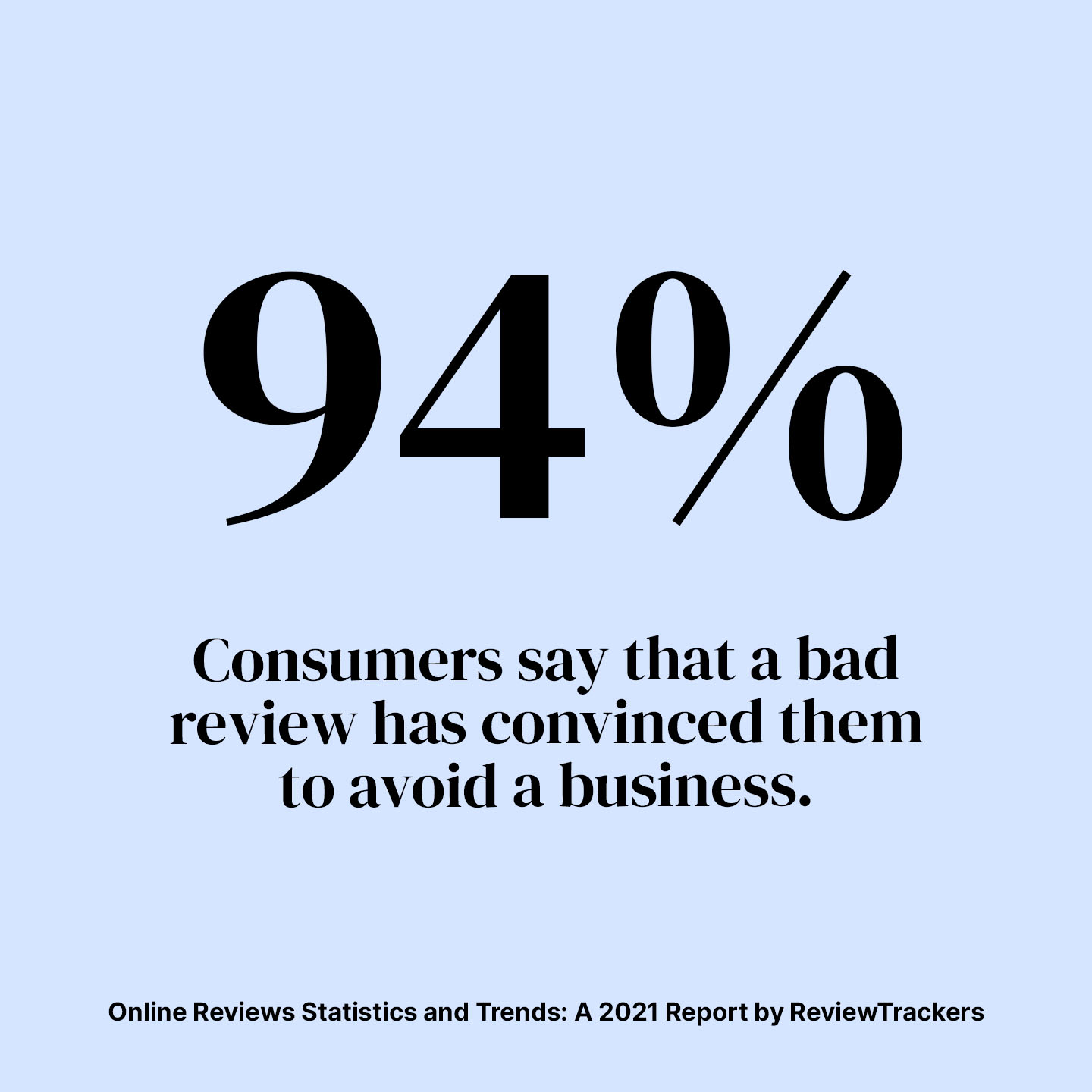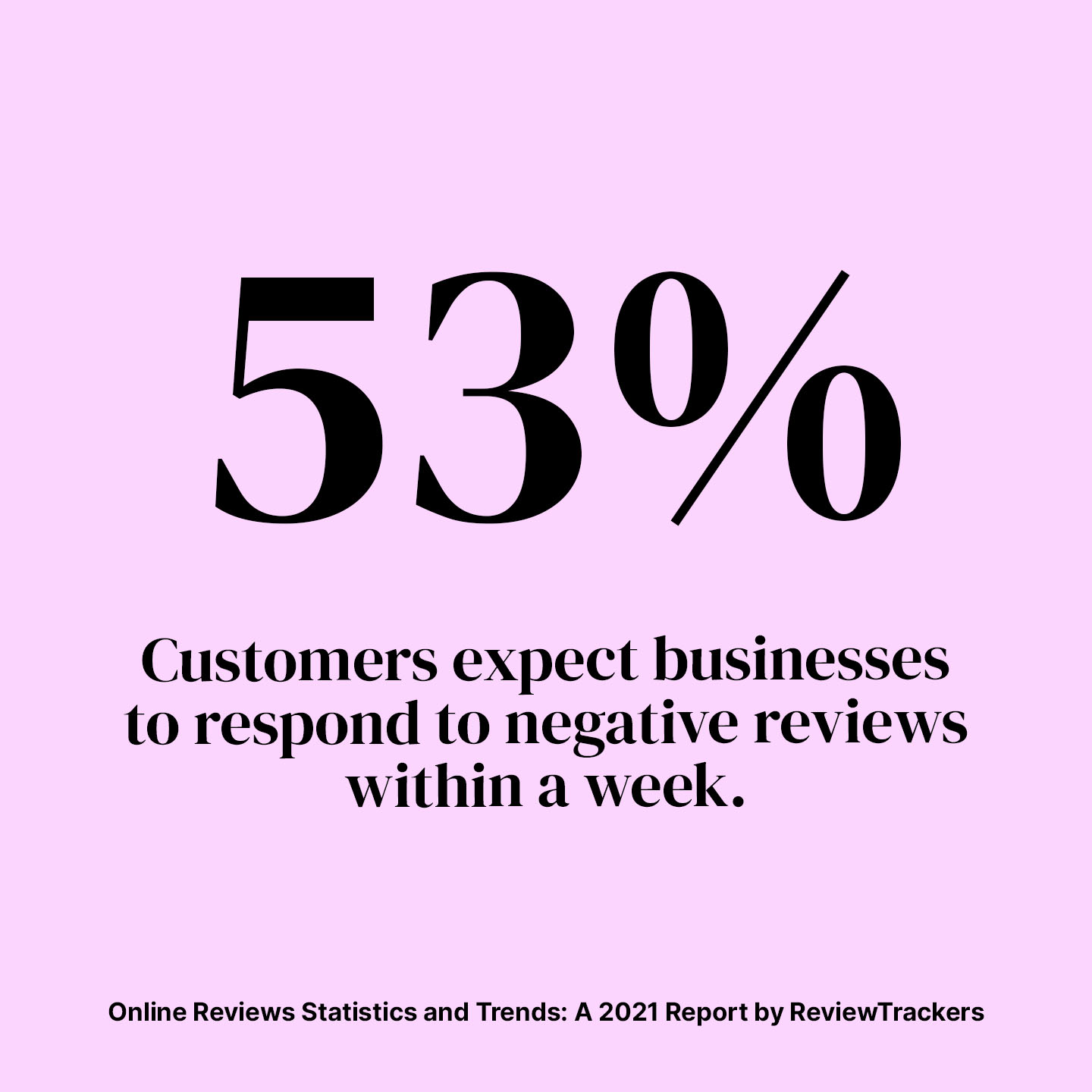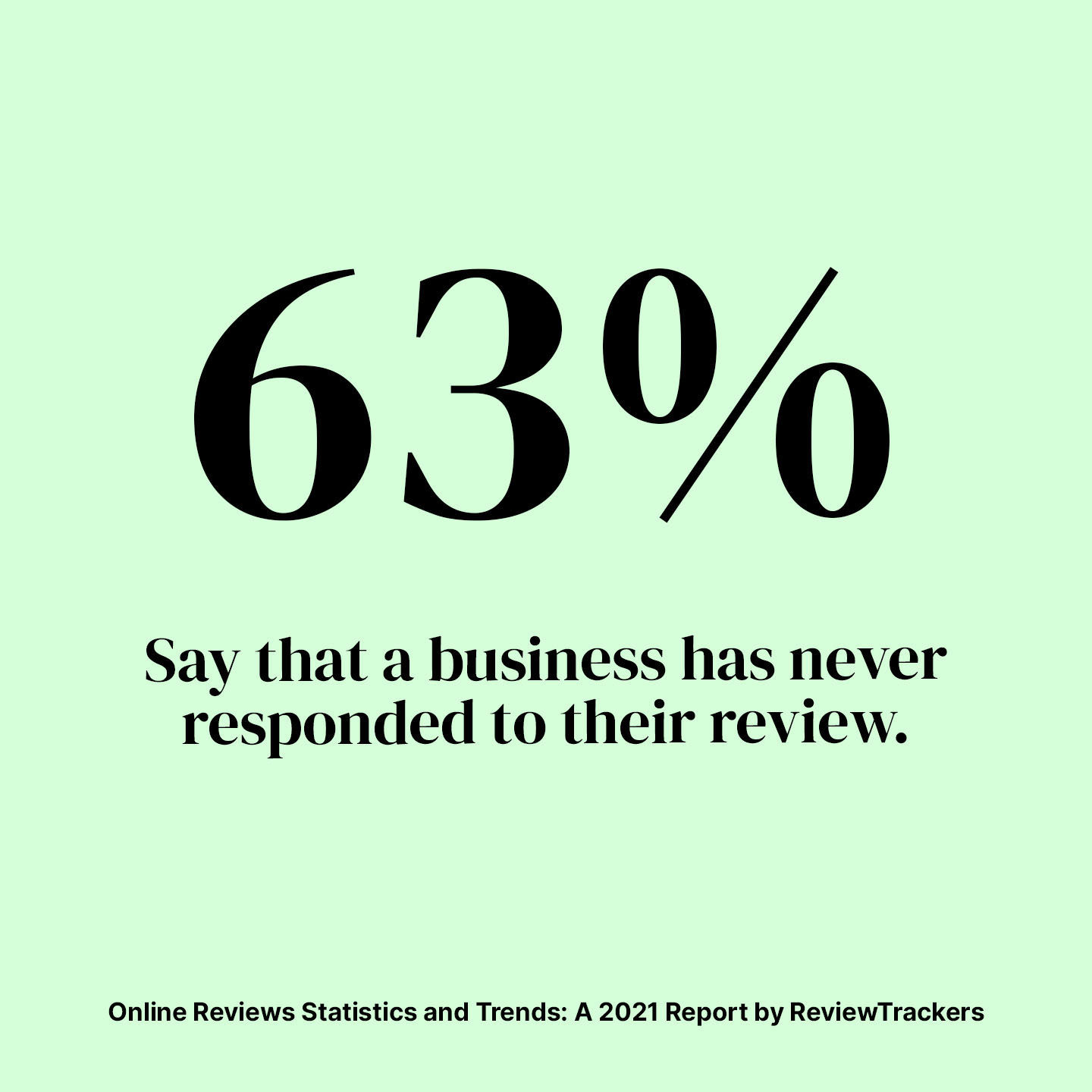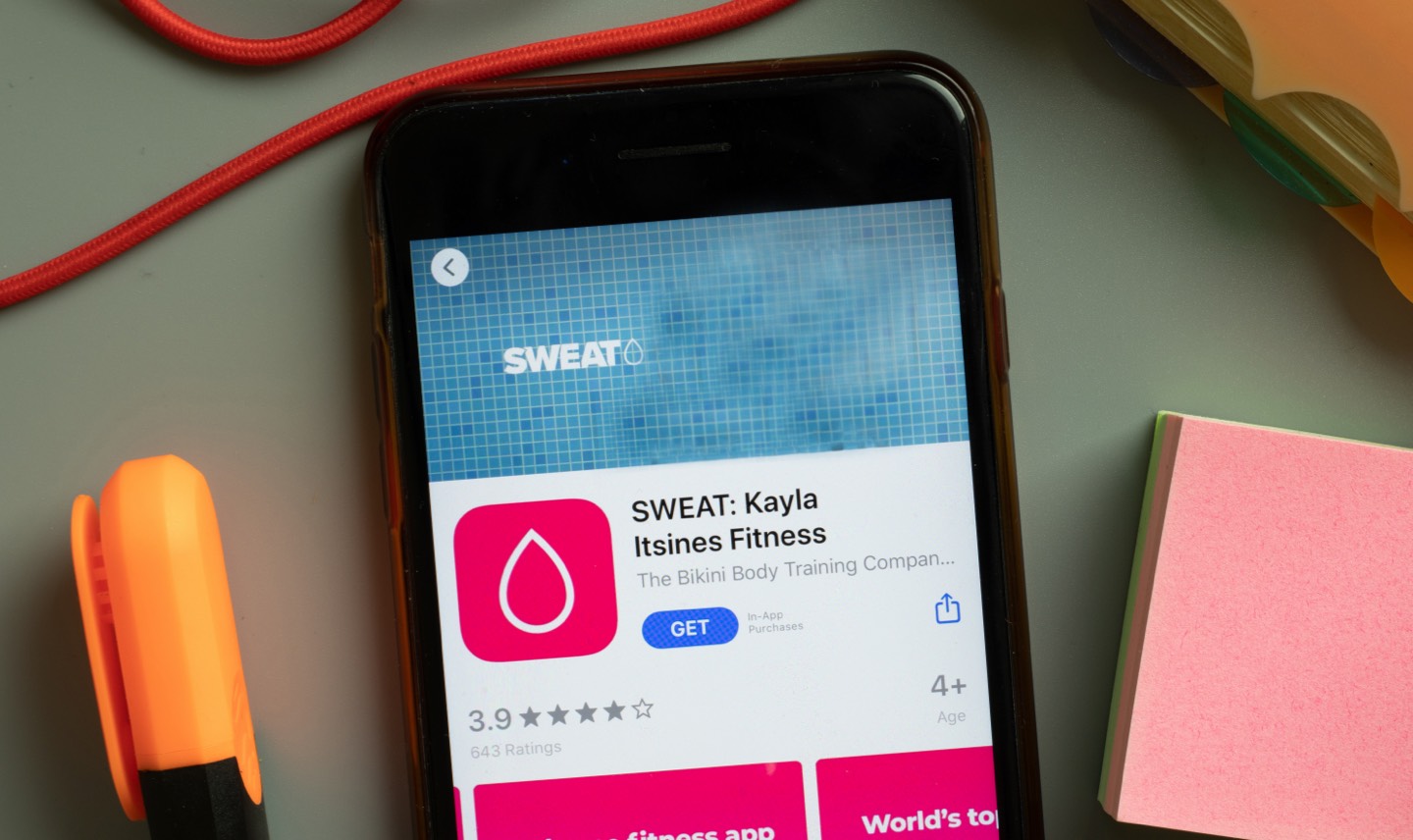Billie, burgers and Facebook
Social media is the perfect platform to humanise your brand and connect with your audience. Just make sure you get it right.
Social media is a fantastic beast.
It has the ability to connect, entertain and inform people from all around the world, and we love that. But it also tends to skew reality, funnel us into echo chambers and significantly impact our collective and individual sense of identity – and we’re not stoked about that.
For some, social media is a platform where they can really be themselves and connect authentically with other people; for others, it’s an opportunity to broadcast a curated version of their life – a perfectly unrealistic depiction of their life that’s unattainable even to themselves, let alone to anyone following their account. In a sense, it’s a very public and personal resume.
For Billie Eilish, Instagram is a platform for being creative and connecting with her fiercely loyal followers. Since 2015, she’s amassed 95.4 million followers on Instagram alone. This growth is astounding, and the Billie Eilish brand is now iconic and synonymous with offbeat and authentic self-expression.
Recently, Eilish underwent a dramatic rebrand, debuted across her social media profile to coincide with the launch of her latest work. However, some of her followers were unhappy with this sudden change because it challenged the brand they’d come to know and love.
You could argue that losing 100k followers in a single day doesn’t mean much when you’re on the cusp of 100 million. In fact, it barely scratches the surface. But it does confirm something important. Something all brands should recognise.
Social media plays a massive role in how your audience experiences your brand.
Shocking, we know.
Jokes aside, many brands continue to take social media platforms for granted.
But the social audience is growing exponentially. To date, there are 4.48 billion people actively using social media. That’s an increase of more than 13% since 2020 and 115% since 2015.
These days, everyone from teenagers to CEOs are engaging online. And the platforms themselves continue to evolve, from developing more inclusive algorithms and ethnically diverse emojis to heightened security measures for bullying, misinformation and offensive or hateful content.
Which brings us to branding.
Brand behaviour in the age of social media
As consumers, we expect brands to be real, responsive, and relevant – and this extends to their social media presence. We want to trust brands. We want them to stand for something. We want them to engage in and advocate for meaningful conversations.
Social media is the perfect platform for businesses to humanise their brands and establish real connections with their audiences.
But brands, like people, are expected to behave in a certain way. Just like us, they’re held accountable when they make mistakes. Get it right? Your fans will applaud you. Get it wrong? Believe me, they’ll let you know! And they won’t forget your blunder anytime soon – particularly when it’s captured online.
Recently, Facebook came under fire for allegedly not doing enough to stop the spread of disinformation and hate. Last month, Mark Zuckerberg announced that the company is ditching it’s long-held name, Facebook, and rebranding the parent company as ‘Meta’ (the social media app itself will remain as ‘Facebook’).
Officially, this is part of the company’s ongoing plan to expand its virtual reality offering and, eventually, develop a virtual world.
But is the name change more of an attempt to shift focus away from the negative PR that the company, and brand, has received?
Many people on social media believe so.
Can't have problems with Facebook if the company isn't called Facebook #Meta pic.twitter.com/AdZvrD1bWi
— Luke Smith (@LukeSmithF1) October 28, 2021
According to a 2021 study by Pew Research, 70% of social media users log in to their accounts at least once a day, and 49% admit to checking their accounts multiple times a day.
Most people recognise that social media is not entirely ‘real’ and many have reservations about it’s accuracy; in fact, a 2018 study showed that social media is the least trusted news source in the world. But, despite that, people continue to use it regularly.
Social media, at its best, allows us to connect with a vast, diverse audience and share information and experiences at a scale we could only previously achieve with expensive TV campaigns. But at its worst? Cyberbullying, misinformation, security breaches and the viral nature of misfired posts are just a few of the issues that come to mind – and every one of them can damage a brand’s reputation in the blink of an eye.
Just ask Burger King.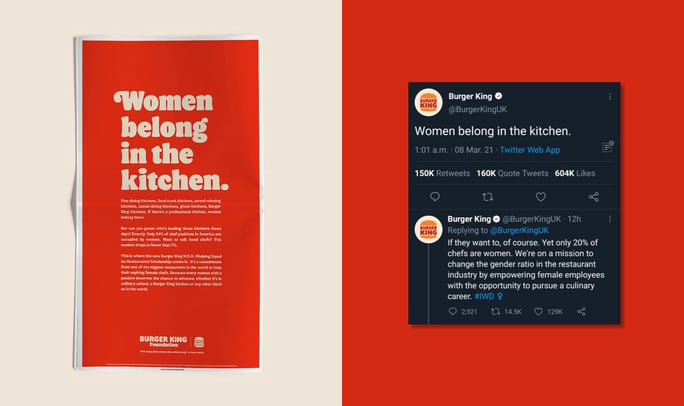
Earlier this year, a tweet from Burger King UK posted on International Women’s Day read, ‘Women belong in the kitchen.’ As you might expect, this wasn’t well-received by social media users (including some celebrities), many of whom were quite vocal about the taste it left in their mouths.
Burger King’s initial post was part of a larger, forthcoming thread intended to capture attention and promote the launch of a company initiative to increase the number of female head chefs in restaurants. However, it was met with anger and confusion, with some users describing it as tone-deaf and a cheap move on a day that was about celebrating women.
It’s what we call good intentions, poorly executed. A bad review or comment on your profile can make prospective clients or employees reconsider choosing your business over another.
But businesses shouldn’t steer away from social media altogether, nor should they shy away from being bold. Burger King’s blunder should merely serve as a reminder that social media isn’t a ‘set and forget’ one-way channel – it’s vital to your overall communications strategy.
“45% of consumers say they’re
more likely to visit a business that
responds to negative reviews.”
Brands must communicate with their customers and engage in conversations happening online. And having a strategy that guides social media communication, including how to respond to negative feedback, is essential. In fact, 45% of consumers say they’re more likely to visit a business that responds to negative reviews.

